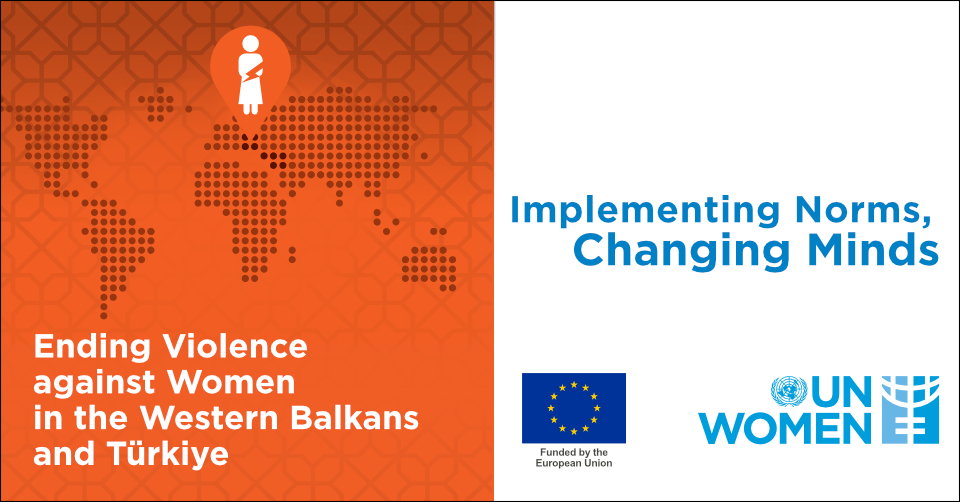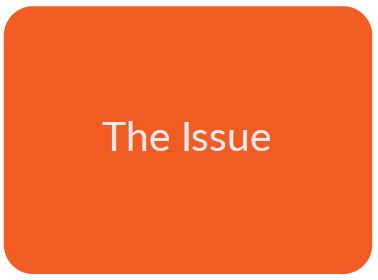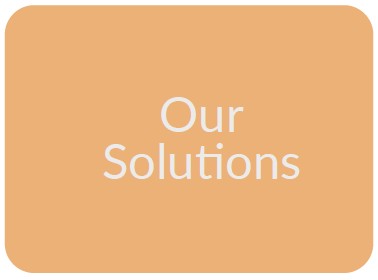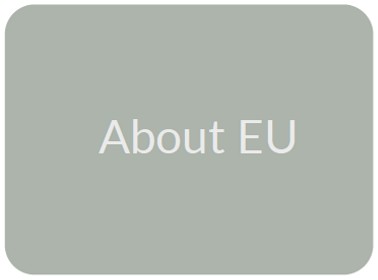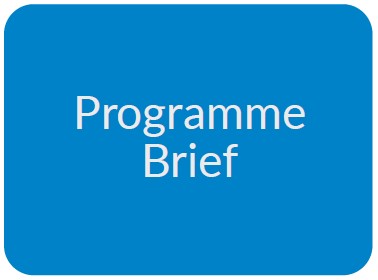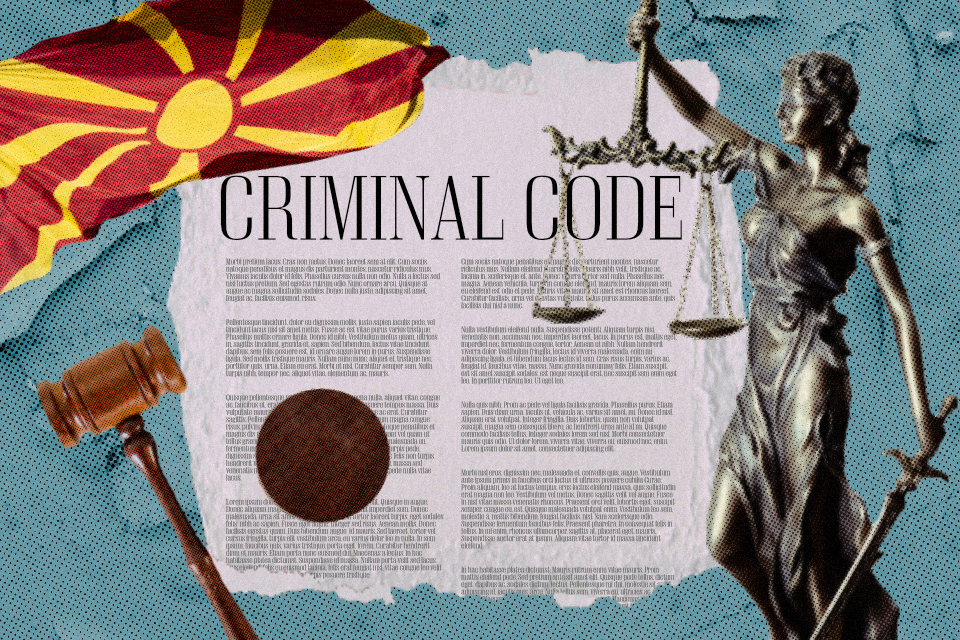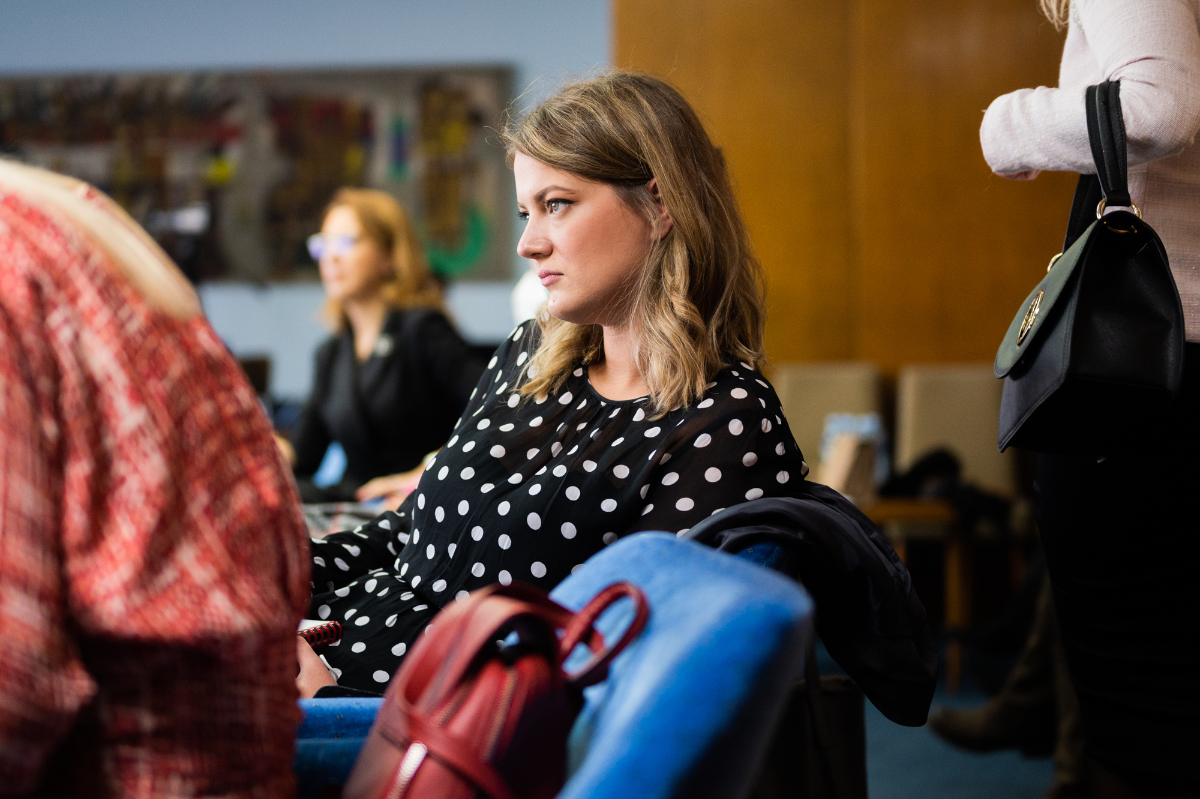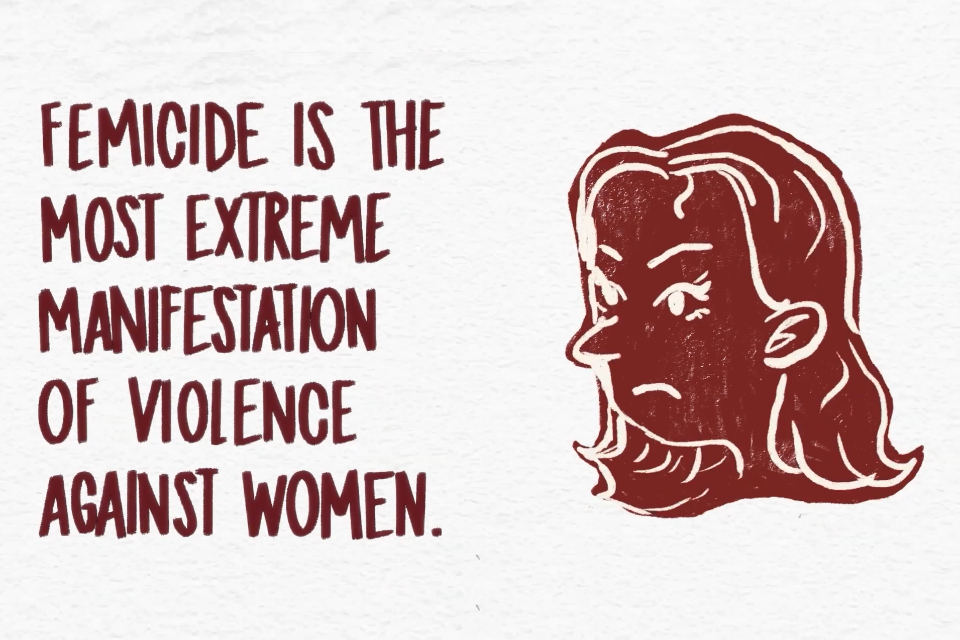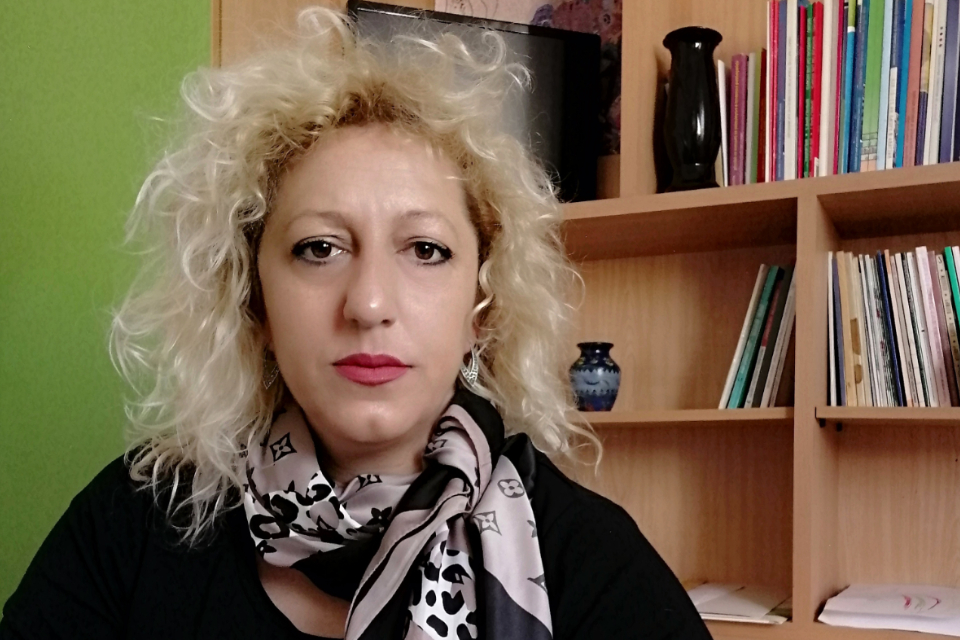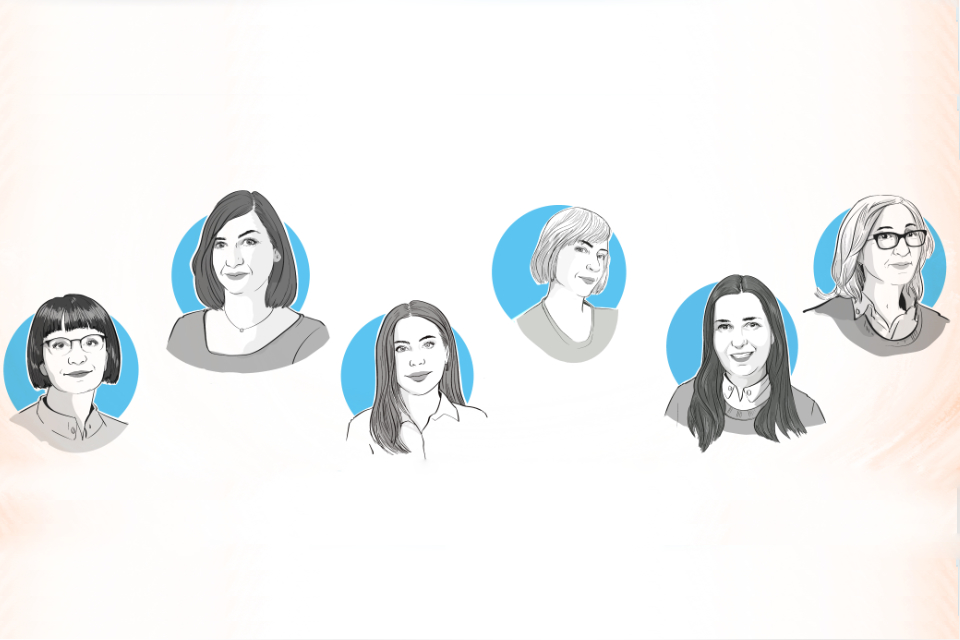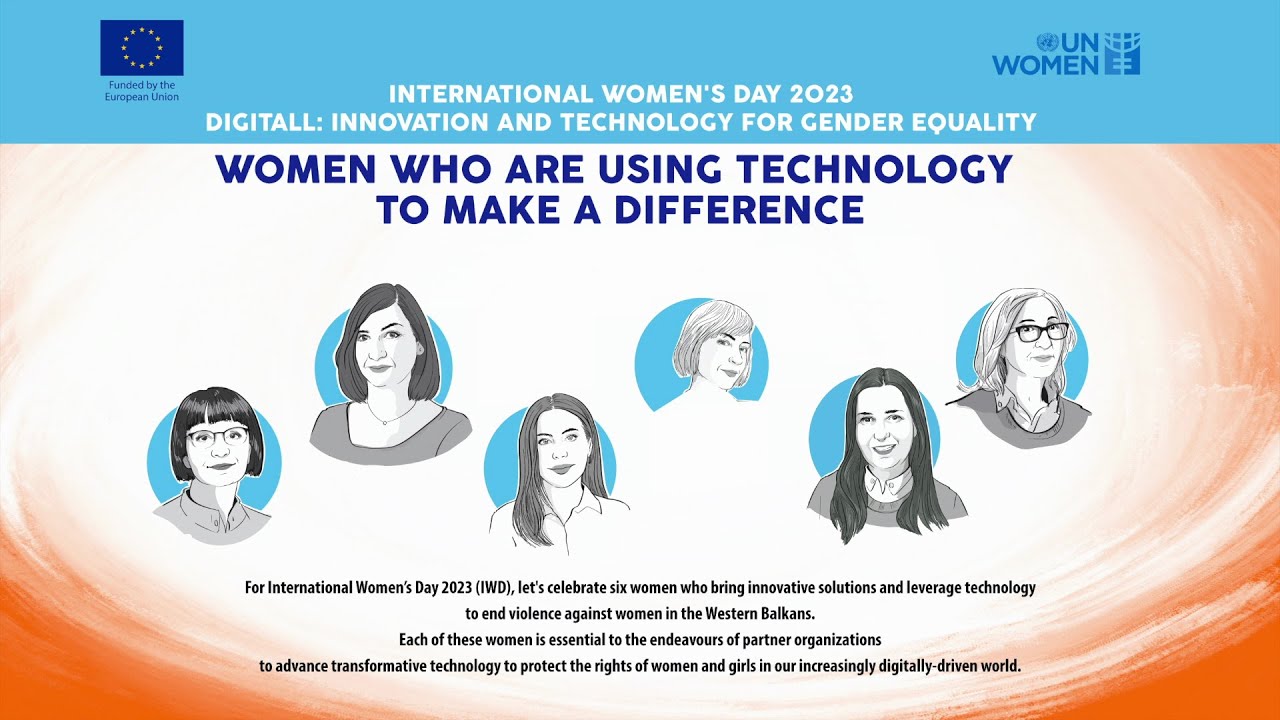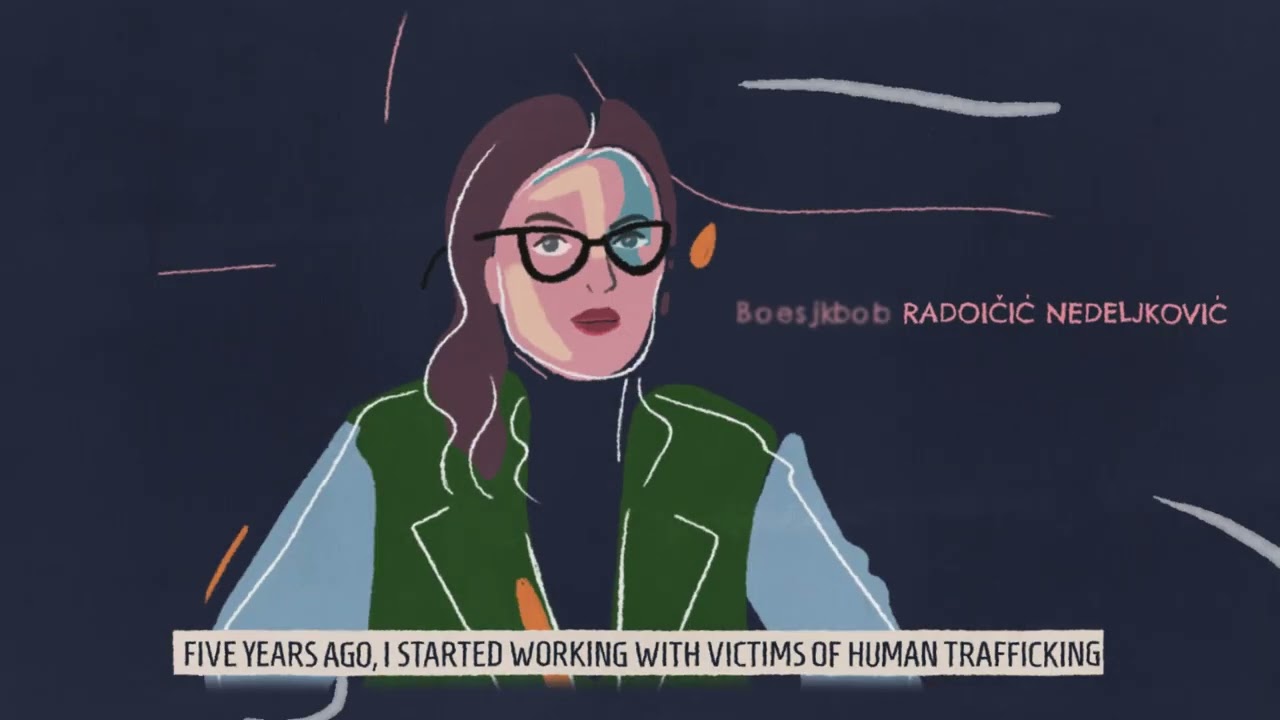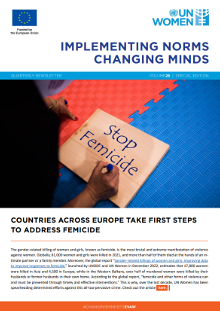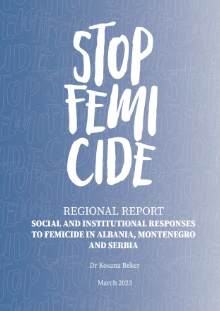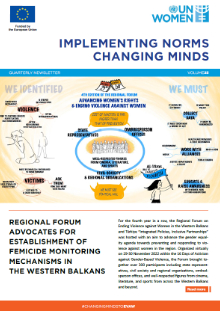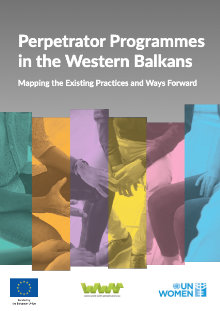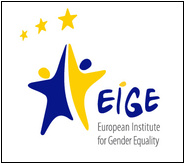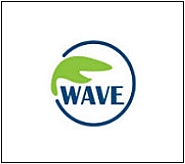Regional Programme on Ending Violence against Women in the Western Balkans and Türkiye
Latest News
Programme Resources
Our Interactive Report
The adoption and full implementation of frameworks aligned with international normative standards – including those standards outlined in the Convention on the Elimination of All Forms of Discrimination against Women (CEDAW), the Istanbul Convention and the European Union acquis communautaire – are essential for addressing gender-based discrimination and violence against women. The programme will strengthen women’s organizations capacity to hold governments to account, advocate for effective implementation, and monitor prevention of and response to violence against women. Beyond the full implementation of legislative frameworks, the programme also addresses structural causes of gender inequality – and one of its most pervasive expressions, violence against women – through a transformation of gender discriminatory stereotypes, perceptions and beliefs. Lastly, protection, prevention and response to violence against women is closely interlinked with the availability of and access to comprehensive, multi-sectoral services for survivors of violence.
More Resources
Partners
Strategic Partner | CSO Regional Partners
